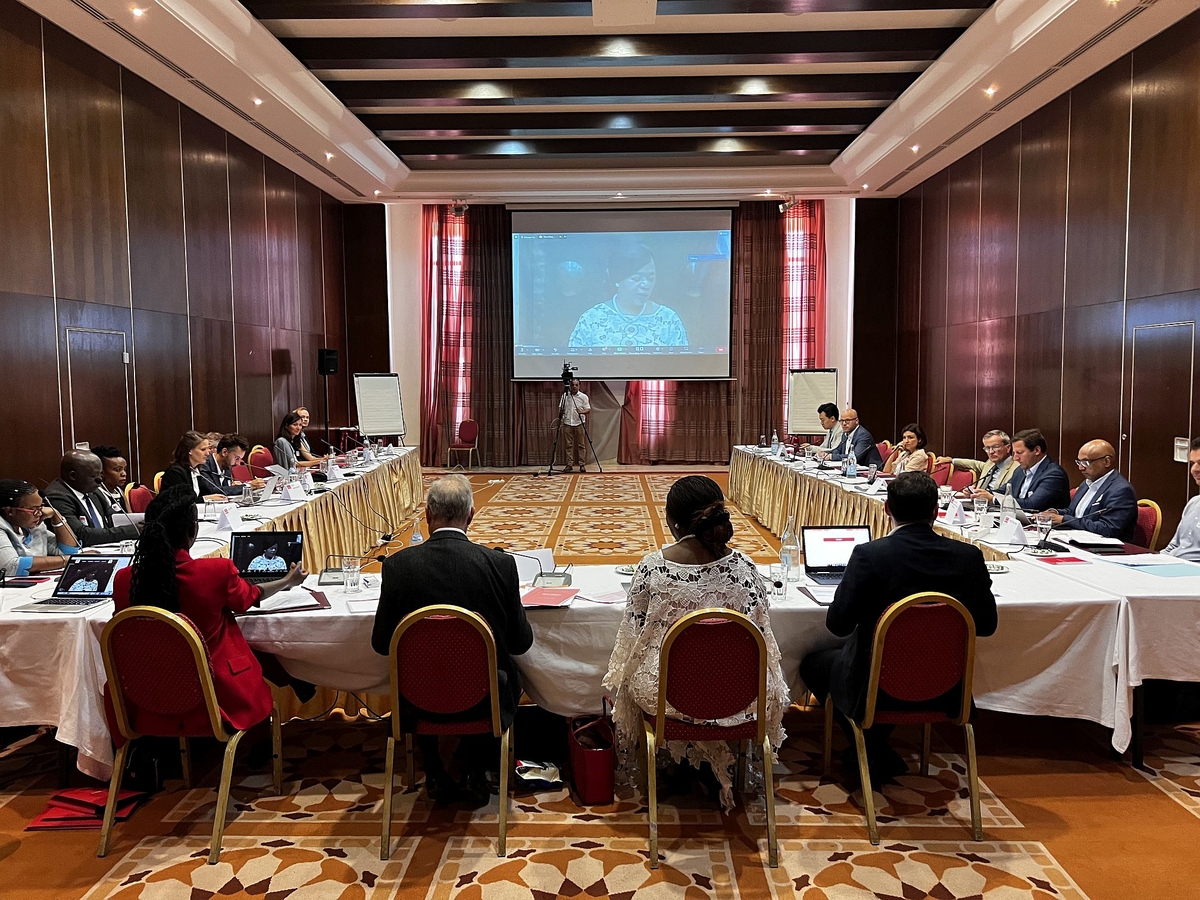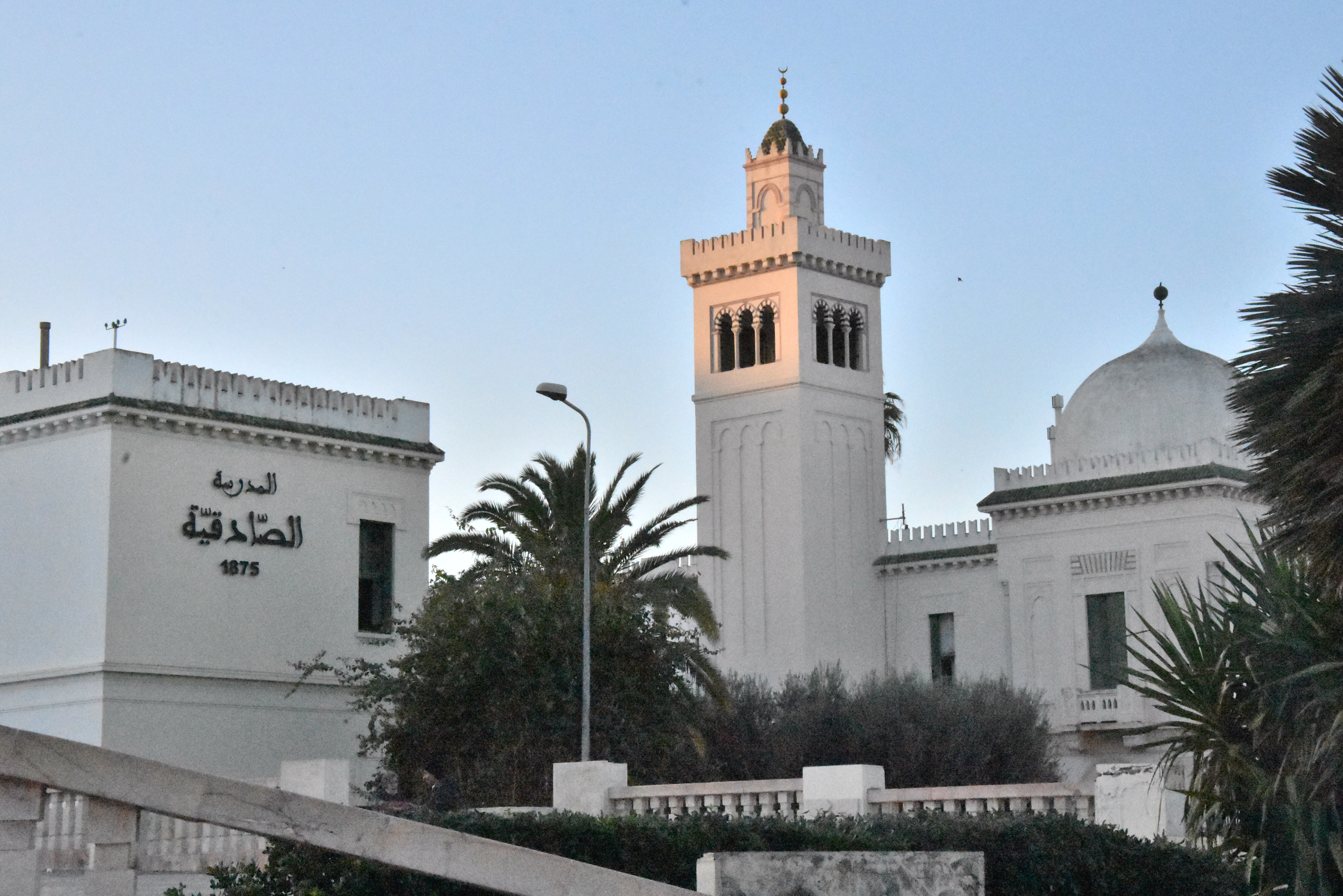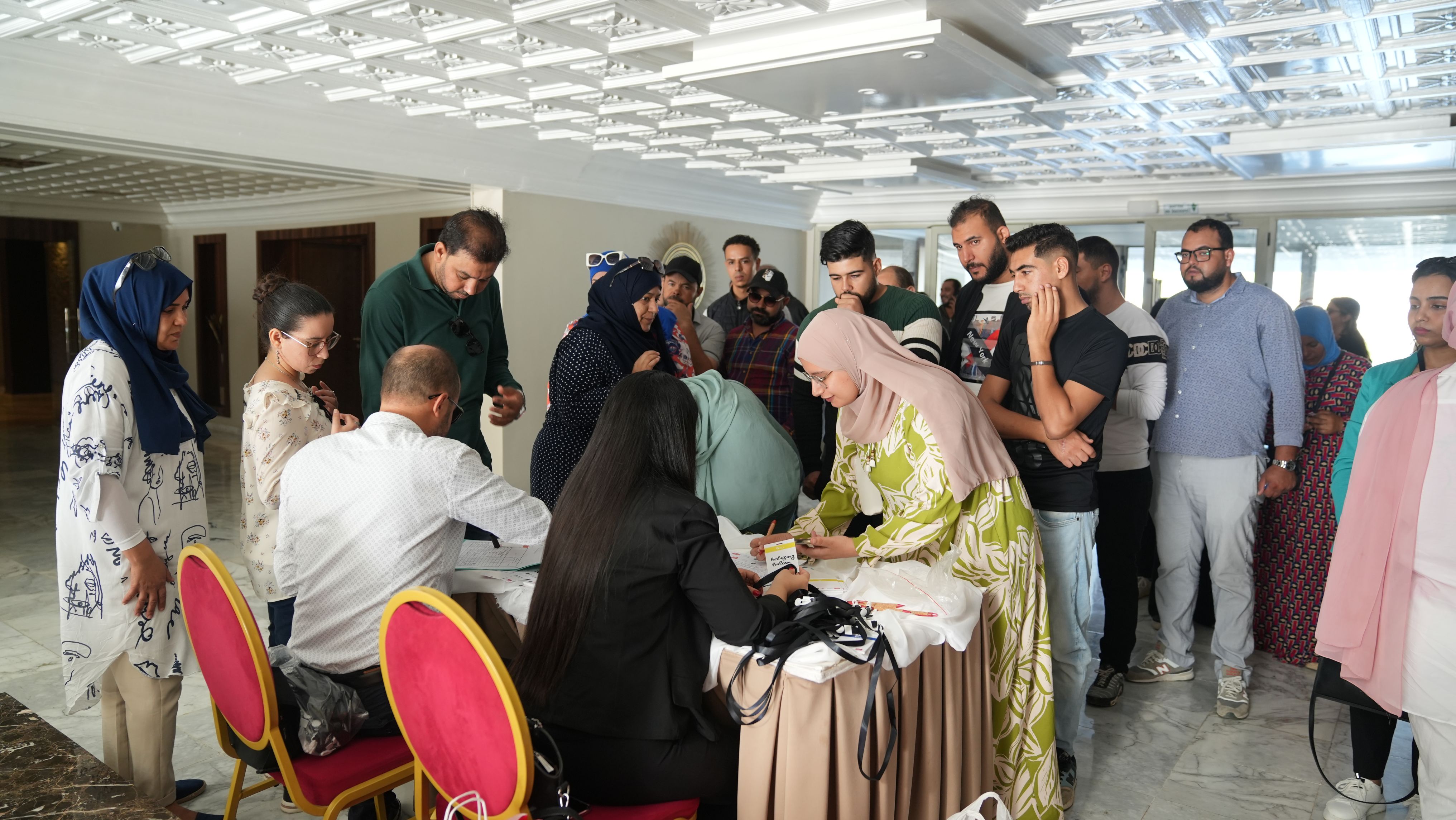Urban informality. Inclusive growth. Job creation. Gender in urban planning. Cultural Heritage. Diversity. Sustainability.
These concepts were part of the backdrop for the Cities Alliance Assembly held in Tunisia in October 2022. The event provided an opportunity to examine how the Partnership can leverage the collective expertise of its members to make cities more resilient, inclusive, and healthy for all.
For Cities Alliance, communities are at the centre, not as recipients of aid but as active partners. By bringing all urban actors together we can ensure urbanisation is properly addressed. Partnerships are the key.
Greg Munro, Director, Cities Alliance
The Assembly in Tunis convened members from around the world to share ideas on the links between climate resilience, gender equality, urban poverty, and informality. The three-day event, which gathered many of the members in person since the pandemic, consisted of the Management Board meeting, field visits to urban regeneration projects, and panel discussions.
The Management Board welcomed the new Chair of the Board, Professor Thuli Madonsela of South Africa and the new members appointed by the Assembly in July 2022. Both Cities Alliance and UNOPS shared updates with the Board. Cities Alliance’s new strategy and operational highlights for 2022 were also part of the meeting discussions.

The Assembly was also an opportunity for the members to engage with local stakeholders during a series of visits to urban projects in Tunis, such as the Espace Citoyen (Citizen’s space). This one-stop-shop, supported by Germany’s GIZ, seeks to increase the quality of services provided by municipal administrations.
During a guided tour through the Medina of Tunis, and some of the women-friendly spaces rehabilitated through the Femmedina project, participants gained first-hand insights into the crucial role women play in designing urban areas. The tour included a visit to The Hive, a shaded seating area and playground in the old Medina, and The Green Escape, a public library and renovated playground in Parc Passage, one of Tunis’ biggest parks. Funded by USAID, the Femmedina project was implemented by Cities Alliance and the municipality of Tunis.
Cities Alliance co-organized an exhibition with the National Federation of Tunisian Municipalities (FNCT), to showcase the main results of the Madinatouna project. The Assembly delegation was welcomed by the Federation’s leadership at FNCT’s headquarters during a panel discussion on ongoing decentralization processes in Tunisia, and successful examples of local development plans. The Madinatouna project was funded by Switzerland’s State Secretariat for Economic Affairs SECO.
A full day was dedicated to thematic discussions on three core topics aligned with Cities Alliance's Strategic Plan: climate resilience, gender equality, and economic development.
Addressing climate, urban growth, and resilience
Cities have a pivotal role in addressing the climate crisis. Urban poor communities are especially vulnerable to climate impacts in the global south. During the Assembly, the need for local action was at the core of the discussions. The participants reflected on how difficult it is for cities to obtain global funding for adaptation, leaving them with the burden to find their own ways to tackle climate impacts and increasing inequalities.
Separating the needs of people from climate change is impossible. In other words, the climate crisis is connected to development challenges. In a roundtable, moderated by Alexander Kleibrink, Deputy Head of Division at BMZ, panellists discussed creating green jobs in informal settlements in intermediary cities and how to create inclusive urban development sustainably.
Incorporating housing into overall circular economy strategies is worthwhile. We need to accommodate new building materials that are more harmonious with the environment.
Stephen Seidel, Senior Director Global Partnerships, Habitat for Humanity International
'In emerging economies housing is a significant economic factor, accounting for about 13 per cent of GDP, and if you include informal housing it goes up to 21 per cent, so about a fifth of global GDP relates to housing,' said Seidel. He highlighted the need for a massive shift in how the construction and building sector operates so it is more sustainable and in line with the global climate goals.
Another topic of discussion was how to interest donors in urban resilience and informal communities given competing priorities. Arne Janssen, Climate change lead at Cities Alliance, discussed the kind of reframing he must do with donors to obtain support. Often this involves making the case that urban resilience and climate adaptation are one and the same.
'For urban poor communities, the main climate adaptation challenge is clearly about housing and livelihoods. We need to reframe the storyline when it comes to climate, urban growth, and resilience.'
The need for gender-responsive urban planning
Gender equality is a major topic on the Cities Alliance's members' agenda not only as a fundamental human right but as one of the necessary pillars to achieve global goals. Women's inclusion in urban development processes and decision-making is a top priority.
What would cities look like if they were designed for women and men in the same terms? It is so important to incorporate the ideas and perceptions of women in city planning.
Prof. Thuli Madonsela, Chair of the Cities Alliance Management Board
'When we think about gender and cities, and creating spaces that work for men, women, children, and all members of society, these questions relate to participation and bringing voices to the table to affect change', said Kevin Nelson, USAID's Urban Governance Lead. 'As we see democratic institutions erode, we have been supporting initiatives that bring forth participation and voices. Total inclusion would be spaces that work for everybody,' said Nelson.
'One of the main topics we support is gender equality in the urban context. Some fundamental aspects of it include access to basic services, women's representation and political participation in urban planning processes, and women's empowerment to support socio-economic inclusion,' explained Renate Bucher, Programme Manager at the Swiss Agency for Development and Cooperation(SDC).
To create safer urban spaces for women and girls we need a 'whole of society' approach where everyone is included. Bringing local voices to the global level is crucial.
Renate Bucher, Programme Manager, SDC
In Tunisia, Cities Alliance has supported several initiatives, including the Femmedina project, to promote and strengthen women's participation in the design of inclusive urban spaces.
According to Souad Abderrahim, the Mayor of Tunis, progress has been achieved in Tunisia in creating more legal rights to ensure that women’s voices are heard in planning. And yet challenges remain.
'The main challenge for women trying to participate in cities isn’t legal or financial, or about the skills of women, but rather about culture and mindset. So, the first issue is how to engage everyone in city life to guarantee respect for women's rights', said Imen Ouerdani, Deputy mayor of Sousse.
Cities as drivers of economic development
Demography will shape Africa’s future. The continent's urban population is expected to double in the next 20 years, reaching about 1 billion people by 2040.
Many discussions focused on Africa’s rapidly growing cities and ways to make them more liveable and inclusive. Speakers emphasized this meant working with informal communities since the informal sector delivers many vital goods and services to urban residents. Slum upgrading has potential because much harm can be done by disrupting informality.
Hon. Persis Namuganza, Minister of Lands, Housing and Urban Development of Uganda, pointed out the impact that rapid population growth in Africa is having on poverty levels and housing shortages. ‘Many people do not live in homes that offer basic standards of living, preventing them from using basic services or being economically productive,’ she said.
Urbanisation is one of the most profound transformations in Africa. To keep up with the demands of rapidly growing cities, city administrations and local governments need access to finances to provide more equitable services.
Papa Sy, Global Lead Urban Development, Islamic Development Bank
An important objective of the Assembly was to create an environment that allowed the diverse membership of the Cities Alliance to network and seek synergies. The vibrant, multi-level partnerships that have been created in Tunisia show why inclusive collaborations are our best chance for achieving sustainable development.
It is the hope that 2022's Assembly through its mix of hands-on learning through field visits to innovative public spaces combined with panel discussions will stimulate more funds for more projects to co-design and create more liveable urban ecosystems.











